Erik Menendez, one of two brothers convicted in the notorious 1989 murders of their parents in Beverly Hills, was denied parole Thursday after a lengthy hearing before the California Board of Parole Hearings.
The ruling came more than 36 years after Erik and his older brother, Lyle, shot and killed their parents, José and Kitty Menendez, in a crime that remains one of the most infamous murder cases in American history.
- Erik Menendez was denied parole after 36 years for the brutal 1989 murder of his parents in Beverly Hills.
- The parole denial cited Erik’s prison rule violations, including possession of contraband and admitted drug use.
- Erik described seeing his parents as united in their complicity in his father’s alleged sexual abuse.
- Lyle Menendez's parole hearing is scheduled for Friday.
Erik, now 54, appeared virtually from the Richard J. Donovan Correctional Facility in San Diego.
The hearing lasted about 10 hours and included testimony from prosecutors, defense lawyers, supporters, and members of the Menendez family.
Erik Menendez, convicted of murdering his parents, was denied parole
Image credits: California Department of Corrections and Rehabilitation
In denying parole, Commissioner Robert Barton said the panel believed Erik Menendez still posed “an unreasonable risk to public safety” if released.
He listed Menendez’s teenage criminal history and the murder of his parents.
Barton also cited “serious violations” of prison rules, including possession of contraband cellphones, tobacco, and marijuana, Erik Menendez’s admitted drug use in the late 1990s, and involvement in a prison tax scheme more than a decade ago.
“Contrary to your supporters’ beliefs, you have not been a model prisoner, and frankly, we find that a little disturbing,” Barton told Menendez.
Menendez can reapply for parole after three years.
Image credits: California Department of Corrections and Rehabilitation
Menendez admitted he used a cellphone for personal calls, music, movies, and pornography, which, to Barton, showed a selfish disregard for rules, suggesting that he believed the rules do not apply to him and that the “ends justify the means,” an indicator of his “dangerousness.”
The commissioner emphasized that while the brothers’ supporters may view them as rehabilitated, their conduct told a different story.
“Two things can be true,” Barton said. “They can love and forgive you, and you can still be found unsuitable for parole.”
Barton emphasized that Erik Menendez’s crime is “not a primary reason for this denial,” telling the convict, “It’s still your behavior in prison.”
The commissioner cited Erik’s violations of prison rules as a reason for denying his parole
Image credits: Ted Soqui/Getty Images
The parole board’s decision can still undergo an internal review for up to 120 days. After that, California Governor Gavin Newsom, who has the power to reverse parole decisions, has 30 days to affirm or reverse the decision, if he so chooses.
Erik Menendez’s parole bid drew strong support from relatives of both his mother and father. About a dozen family members testified on his behalf, many of them breaking down as they described forgiving him and wanting to reunite before their own deaths.
Erik and Lyle Menendez opened fire with a pair of shotguns on their parents in their Beverly Hills mansion late on August 20, 1989.
Image credits: California Department of Corrections and Rehabilitation
The brothers have since claimed they were committing self-defense after suffering from sexual and physical abuse by their father.
The two allege their mother knew about these abuses and ignored them.
During the hearing, Erik Menendez described his father as a cruel and domineering figure who created an environment where “running away was inconceivable. Running away meant death,” he said.
According to the brothers, the week before the murders had seen rising tensions and confrontations with their parents over the alleged abuse.
“My purpose in getting the guns was to protect myself in case my father or my mother came at me to kill me—or my father came in the room to rape me. That is why I bought the guns,” Erik Menendez said.
Erik and his brother Lyle shot and killed their parents in 1989
View this post on Instagram
Kitty Menendez’s niece, Karen Mae Vandermolen-Copley, said during the hearing, “My Aunt Kitty could not, or did not, intervene, and that absence of protection deepened their fear and confusion.”
One of the most striking moments came when Erik Menendez briefly stepped away from the brothers’ long-standing defense that the killings were acts of self-defense.
When Barton asked, “Is there any part of this which you believe was self-defense?” Menendez replied: No. This aligned with a written statement in which he had previously admitted he had “no justification” for the crime.
He explained that on the night of the murders, he viewed both parents as inseparable in their complicity.
“Step by step, my mom had shown she was united with my dad … But when I found out that she knew [about the abuse]. On that night, I saw them as one person,” Erik said. “Had she not been in the room, maybe it would have been different.”
Barton noted the extreme brutality of Kitty’s killing as evidence of a lack of empathy. She was shot multiple times at close range as she crawled on the floor.
The brothers claimed their mother ignored the abuses, but the commissioner cited her murder as evidence of a lack of empathy
Image credits: Michelle/X
“The manner and the motive for the killings do have some weight in aggravation,” Barton said. “The killing of your mother especially showed a lack of empathy and reason.”
Los Angeles County District Attorney Nathan Hochman applauded the denial of parole and argued that the brothers have never accepted full responsibility, and accused them of fabricating abuse claims to justify their actions.
Image credits: MEGA/GC Images
The Menendez brothers were originally sentenced in 1996 to life in prison without parole after a second trial restricted testimony about alleged abuse.
They became eligible for parole in May, after a Los Angeles judge reduced their sentences to 50 years to life, which meant they were immediately eligible for parole under California law because they were younger than 26 when they committed their crimes.
While Erik’s request has been denied, Lyle, 57, is scheduled for his own parole hearing on Friday.
Image credits: Getty Images
“While we respect the decision, today’s outcome was of course disappointing and not what we hoped for,” a spokesperson for Lyle and Erik Menendez said on Thursday.
“But our belief in Erik remains unwavering and we know he will take the Board’s recommendation in stride. His remorse, growth, and the positive impact he’s had on others speak for themselves. We will continue to stand by him and hold to the hope he is able to return home soon.”
“Tomorrow, we turn our attention to Lyle’s hearing. And while it is undoubtedly difficult, we remain cautiously optimistic and hopeful that the commissioner will see in Lyle what so many others have: a man who has taken responsibility, transformed his life, and is ready to come home.”


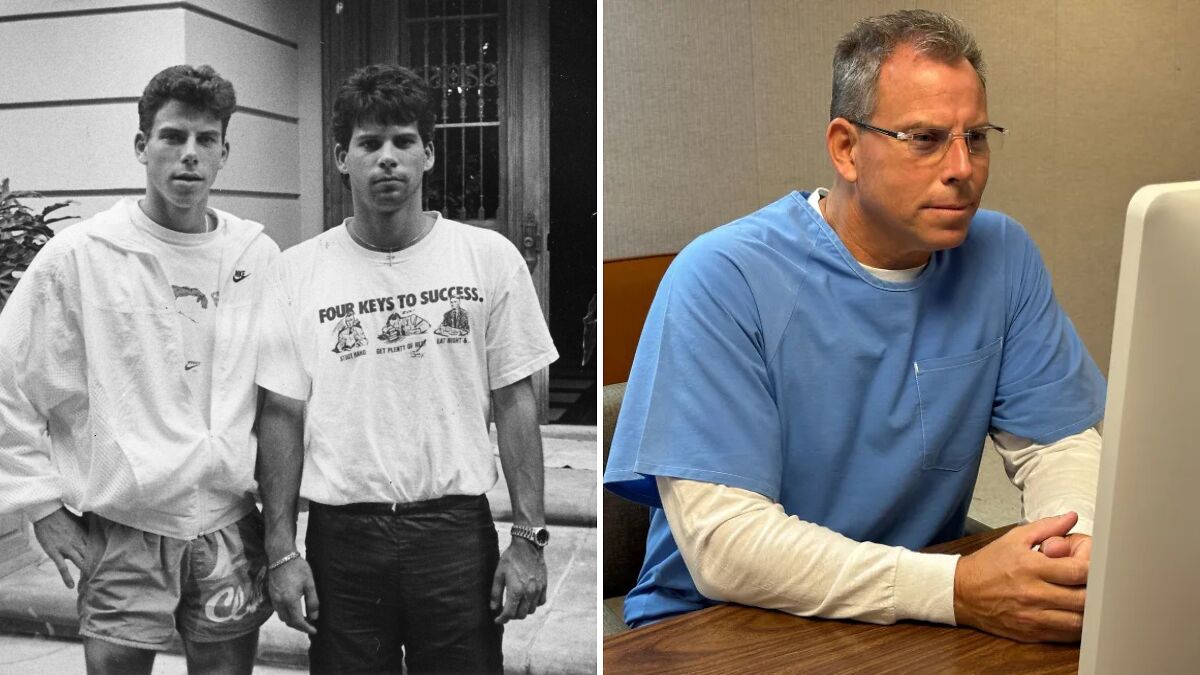

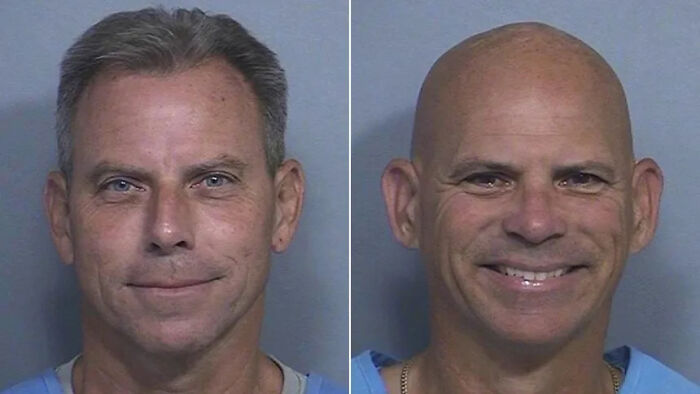
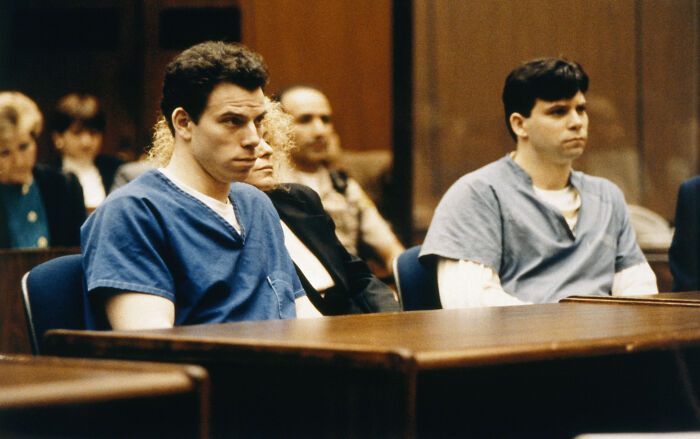
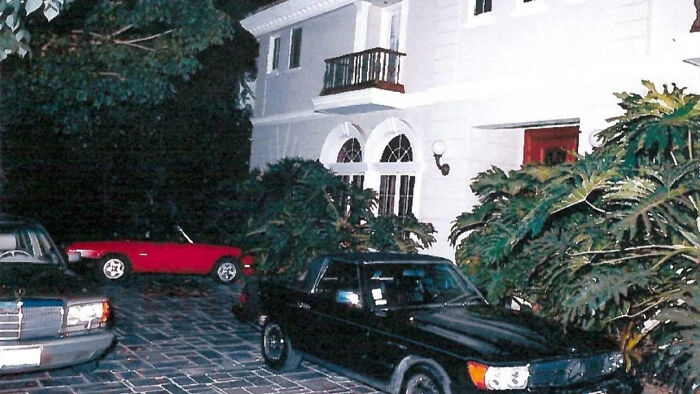
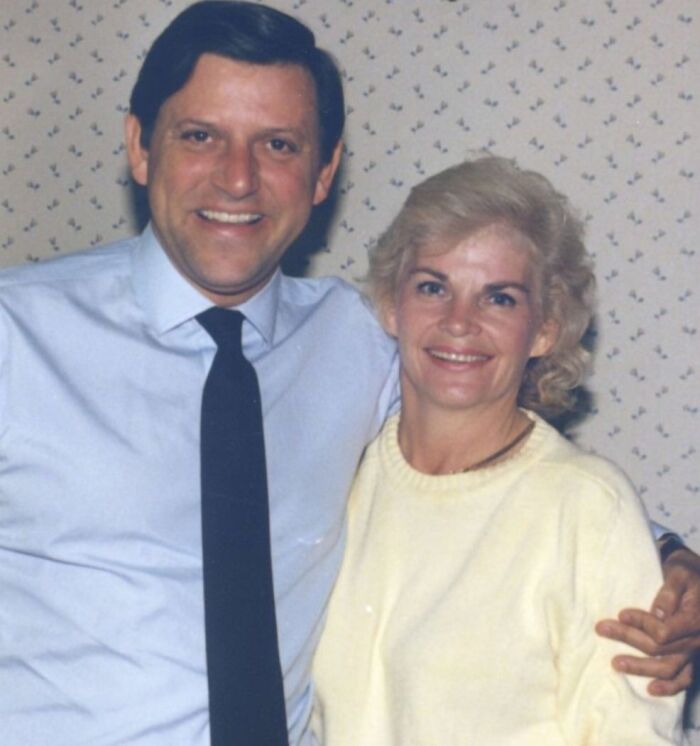
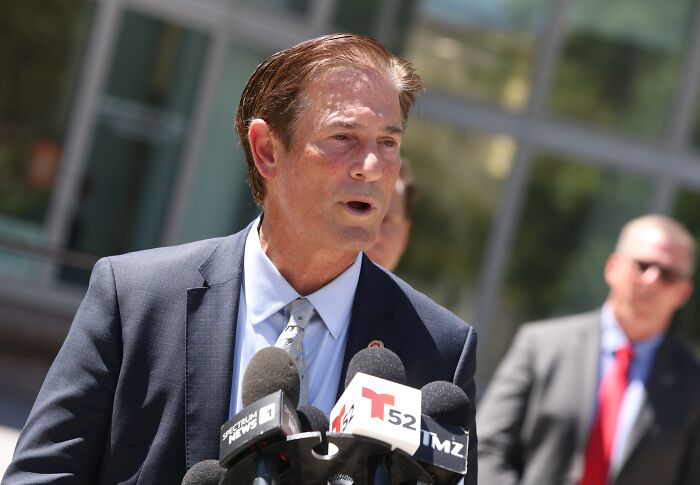
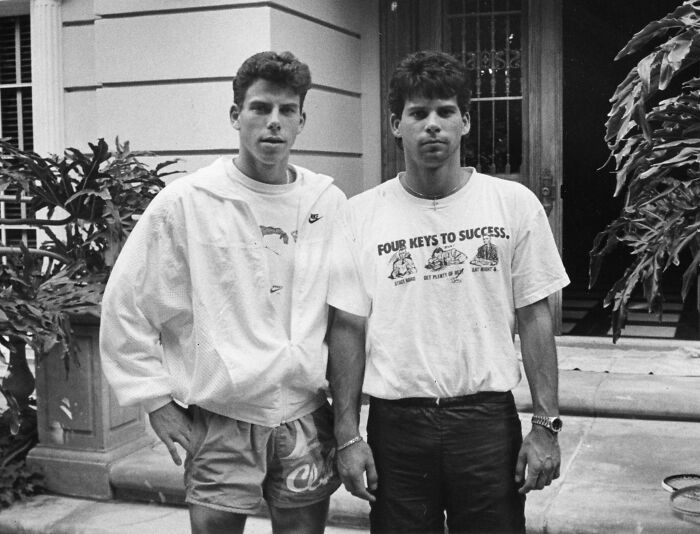



15
0